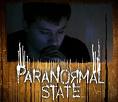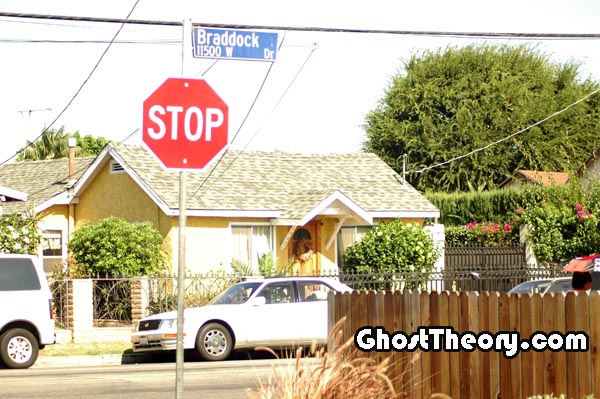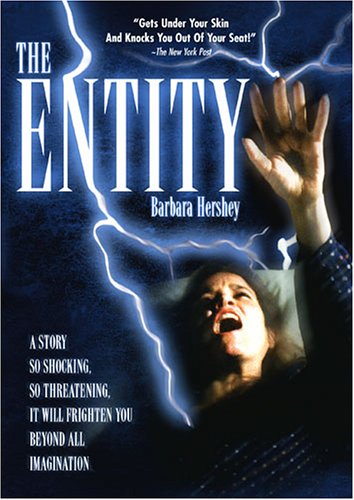The lack of proper controls, repeatability, and tangible results is what makes many scientists ignore Psychokinesis. However there exists a handful of scientists and researchers that believe in the existence of psychokinetic events, or the ability to influence the environment around us simply with our mind. It’s that belief that intertwines and propels forward the theory of Poltergeist & Psychokinesis.
Stress and dire circumstances have said to be the catalyst for the poltergeist phenomenon. It’s the family dynamic in where stress and psychological pressures build up to a point of explosion. A very powerful psychokinetic explosion.
Case in point is the Enfield Poltergeist. Decades after the supposed haunting of Janet Hodgson and her family, researchers are still baffled at the evidence. Besides lacking proper video evidence to backup the claim of a male spirit haunting the residence, a few of the photographic evidence was hoaxed by the victims. According to the young girls, they had hoaxed the researchers because they felt pressured to produce ghosts.
Decades later, researchers are still divided by the Enfield Poltergiest. Those who don’t believe have the confessions of hoaxing by the Hodgson children. Those that do believe have the theory that psychokinesis was to blame for the haunting, given that the single mother of four was under harsh economic troubles during the time of the haunting.
Check out this BBC podcast:
In the late 1970s, an item was broadcast on BBC Radio 4 that caught the attention of Today Programme’s guest editor, Al Murray.
The report, about a bizarre poltergeist incident in north London left him wondering why the supernatural seems to have become suburbanised.
Three decades on, our reporter Tom Bateman has been trying to find out… with the help of one or two ghost-hunters.
“Poltergeists seem to occur and concentrate in cramped domestic situations,” the Society for Psychical Research’s Alan Murdie told the Today programme. “One factor which always seems to be present – it’s a family under stress.”
But author Roger Clarke believes there is a more practical explanation for so-called sightings: “I feel personally that you can associate ghost beliefs with periods of economic downturn… People get a bit more fearful.”





